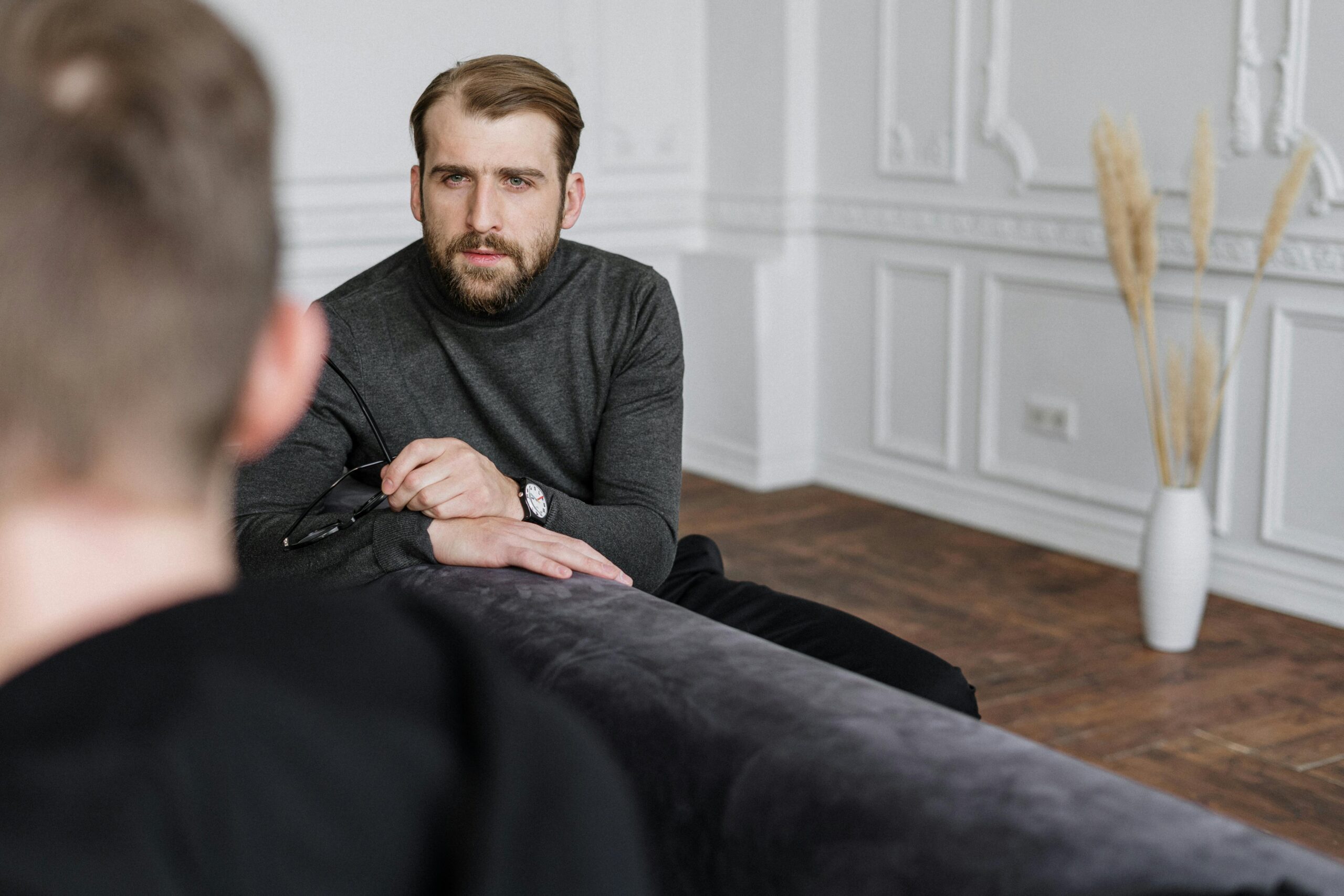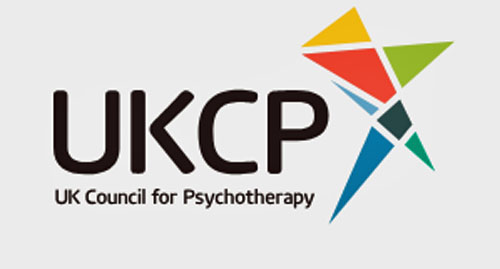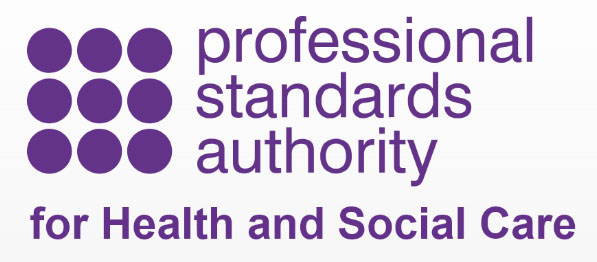Other Useful Information
Finding out about psychoanalysis
This page provides a number of links. They cover radio programmes, Youtube lectures, access to free psychoanalytic texts, organisations and bookshops. They should help you if you want to know more about psychoanalysis. You will have to spend some time watching videos, listening to radio programmes or doing some reading: this sadly cannot be avoided as it is a wide and challenging subject and cannot be easily decribed in a few paragraphs.
If you want to know if psychoanalysis works then you might want to read an article by Jonathan Shedler which was published in the journal American Psychologist, 2010. This article comes as a PDF download.
Do not show
\
PSYCHOTHERAPY AND CLIMATE CHANGE
In November 2019 UKCP held a conference on psychotherapy and climate change. The key note speech by Professor Jem Bendell was recorded and can be seen on Youtube. There is also a written transcript of the speech.
RADIO PROGRAMMES
A BBC Radio 4 programme on Friday, 6th January 2017 explored Freud’s work (Freud is usually seen as the father of psychoanalysis). It is available on BBC iPlayer (click here to access this on iPlayer).
The BBC also ran a series in 2000 on Radio 4 entitled ‘Ideas – the legacy of Sigmund Freud’ (click here to access this series on iPlayer).
In 2016 Radio 4 ran two series of In therapy, a programme in which Susie Orbach works with several fictional patients (in fact actors who improvised the patients). Series 1 has five episodes and Series 2 has ten episodes. Listeners can hear both the interventions (or interpretations) Orbach makes with her patients as well as her inner reflections and thoughts. Orbach provides listeners with a sense of why she says what she does. The Guardian published a review of In Therapy in November 2016.
In May 2017, AGIP Professional member Lindsey Wells gave an audio podcast of his novel (published under the pen name William Rose) dealing with fin de siècle Paris, centred on the Salpêtrière Hospital, where thousands of ‘hysterical’ patients were treated and where a comparatively young Freud studied under the charismatic Professor Jean-Martin Charcot.
PODCASTS
The Freud Museum has a rich library of podcasts covering a vast range of topics.
YOUTUBE LECTURES
Youtube has quite a number of vidoes about psychoanalysis and two series in particular are worth viewing. The first is a series from the Freud Museum which has four short introductions to psychoanalysis.
Part 4 : The ID, the Ego and the Superego
The second series worth viewing is the lecture series by Aleksandar Dimitrijevic recorded at Stillpoint Spaces in Berlin in 2016 (they are in English). There are six lectures on the ‘History of Psychoanalysis’ in this series. They each last between one and half and 2 hours so be prepared for a serious video.
Each lecture could be seen as quite long but they are well delivered, engaging and offer a comprehensive introduction to ideas in psychoanalysis. Check them out on Youtube – the links are as follows:
Psychoanalysis for a treatment for mental disorders
Psychoanalysis as a personality theory
Psychoanalysis as a developmental theory
Psychoanalysis as an applied discipline
Psychoanalysis as a profession
There are also quite a number of Youtube videos in which Adam Phillps talks about various aspects of psychoanalysis. He is a very interesting speaker who often takes an unusual angle on psychoanalysis and life.
FREE BOOKS ON THE WEB
Students and clinical trainees on the AGIP courses are automatically registered with PEPWeb (Psychoanalytic Electronic Publishing) which is a web site provide free access to 49 leading English language journals (including Canadian and American) and 25 journals in other languages. In addition, there are a significant number of major texts available including the Standard Edition of Freud and key works by other authors.
There are also many places to find free books on the web outside PEPWeb. Some are provided in PDF format, some to read online as HTML documents and some can be downloaded in MP3 format to listen to. The list below is certainly not exhaustive of what is available, but it does cover Freud and a number of other psychoanalytic writers and thinkers. It is worth hunting around some of these sites as you might find free texts by other authors.
e-books directory offers a small number of texts by Freud, Jung and others for downloading.
ebooks-for-all has 22 psychoanalytic titles, mainly Freud and Havelock Ellis, for downloading.
At PDF World Books you will find Freud’s General Introduction to Psychoanalaysis as a PDF download. This book can also be found at Archive.org. Archive.org which also carries Melanie Klein’s The psychoanalysis of children.
Open Culture carries a large number of Freud’s works as e-books.
Holy Books has Freud’s Dream Psychology as a PDF download.
IPI e-books carries a much wider range of e-book titles than other sites and is well worth a visit.
BOOKSHOPS
Perhaps the single best bookshop in London for books on psychoanalysis (and all other sorts of therapy) is:
Karnac Books at Strype Street, London E1 7LQ (020 7431 1075).
For new and secondhand books it could be worth visiting one of a number of internet sites including:
Organisations
This is a selected list of organisations within the field of psychoanalysis, psychotherapy and counselling.
AGIP is a member organisation of the Council for Psychoanalysis and Jungian Analysis (CJPA). The CPJA has 30 organisational members with over 1,800 practitioners and it is a member college of the UK Council for Psychotherapy (UKCP) through which registration as a psychotherapist is awarded. UKCP has over 7,000 registrants covering a wide rage of different approaches to psychotherapy.
During the 1990s there was quite an upheaval within the counselling and psychotherapy world. Up until this point there had been one organisation overseeing the profession of psychotherapy, the UKCP (and one overseeing counselling, the British Association for Counselling). An amalgam of pressures including statutory regulation of the profession, codifying what psychotherapists ought to do in their practice, and which psychotherapy organisations ought to be in charge of the UKCP, led to two important changes. First, a number of psychoanalytic organisations split from the UKCP to form what became the British Psychoanalytic Council which now has eighteen member organisations. In parallel, what was the British Association for Counselling opted to widen its brief and become the British Association for Counselling and Psychotherapy. The BACP did this without making any significant changes to its training requirements which, unlike UKCP and BPC trainings, are not necessarily at postgraduate level. To make matters slightly more confusing, over the past decade, UKCP has extended its membership criteria to include psychotherapeutic counselling, and BPC has extended its membership criteria to include psychodynamic psychotherapy.
We are very fortunate in the UK that Freud spent his last years living in London. The Freud Museum, based in Freud’s former home in Hampstead, is a thriving centre for all things psychoanalytic.






